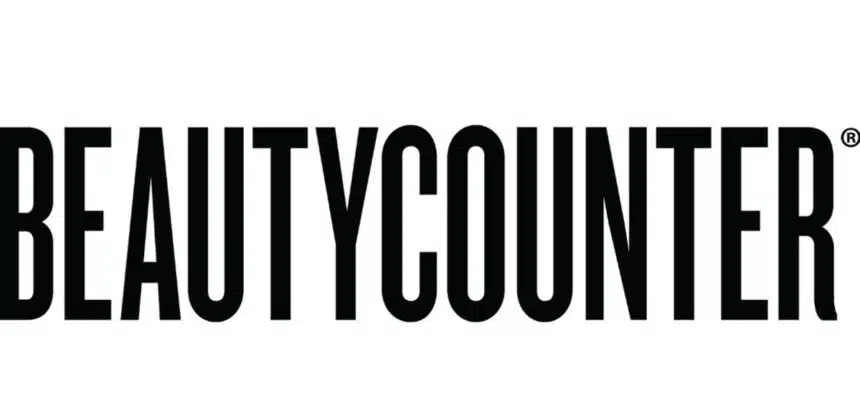I never thought I’d be so invested in someone else’s skincare drama. Yet here I am, decades-old moisturizer jars piling up, wondering how a brand that prided itself on transparency left so many people in the lurch.
A Fresh Start…until it Weren’t
Back in 2013, entrepreneur Gregg Renfrew set out to rewrite beauty’s ingredient rule book. Her “Never List”—over eighteen hundred chemicals she refused to tolerate—felt like a rallying cry. It was easy to get swept up in that clean-beauty optimism. Consultants chatted up friends at dinner parties and moms swapped serums during school pickup. By 2018, Beautycounter was reportedly valued at $400 million; by April 2021, private equity heavyweight The Carlyle Group came calling with a billion-dollar price tag. And that’s where the plot thickens.
The sale might have looked like the ultimate power move. Instead, it spun the whole operation sideways. Products once adored vanished overnight. Pay structures shifted without warning. Rumor has it turnover rates hit the roof. People who had built side hustles felt the floor give way beneath them.
The Abrupt Shutdown
In April 2024, a single email landed in tens of thousands of inboxes: your consultant agreement is terminated as of April 17. No more sales. No more commissions past April 26. Poof—entire teams dispersed. Even full-time staff got canned with no severance or benefits, according to accounts on Reddit and beyond. The Carlyle Group, citing “significant market and channel headwinds,” sold the company back to Renfrew and walked away faster than you can say “shelf-stable formula.”
It feels unavoidable to ask: Did that private equity deal kill the very soul of the brand? Or was the business model built on shaky MLM ground from day one?
Inside Voices
Some insiders blamed misaligned priorities. When profit becomes the north star, transparency can dim. Consultants who’d once been the brand’s biggest evangelists found themselves gasping for air. Meanwhile, customers saw their favorite lotions disappear or spike in price. Tight margins and sudden inventory whiplash hardly scream “clean and simple.”
There’s something almost poetic about how a company rooted in purity wound up so tarnished. The irony isn’t lost on anyone who remembers Instagram posts celebrating its congressional lobbying efforts to tighten FDA oversight. A movement that began as an advocacy platform veered into harsh boardroom politics.
Lessons from the Fallout
- Trust is fragile. One misstep by ownership can undo years of brand equity.
- MLM structures carry inherent risks. When the lifeblood of sales is human networks, abrupt policy changes can have devastating ripple effects.
- Private equity isn’t always a fast track to prosperity. Sometimes it’s a fast lane to collapse.
You could argue that the brand will spring up again, phoenix-style. Renfrew insists there’s a “new Beautycounter” in the wings. But skeptics will wonder whether the next incarnation will learn from these rough edges—or simply sanitize the memory of a bruising collapse.
So, where do we go from here? For clean-beauty loyalists, the hunt continues. For consultants burned by sudden closures, there’s a cautionary tale etched into every empty serum bottle. And for the rest of us…well, maybe we’ll keep reading labels and asking uncomfortable questions.
Feeling salty about your own MLM misadventure? Curious whether this story sways your trust in clean-beauty brands? Drop a comment below with your take. And hey, don’t forget to follow us on Facebook and Twitter for the latest gossip, tips, and expert confessions.
Colleen Hoover, bestselling author of steaming romance, has faced a lot of controversy over the last couple of years. Read more about it before you go.
Sources:
- www.lifeinleggings.com/shes-back-heres-what-you-need-to-know-about-beautycounters-relaunch-as-counter/
- www.carlyle.com/media-room/news-release-archive/beautycounter-industry-leading-clean-beauty-brand-partners-carlyle











